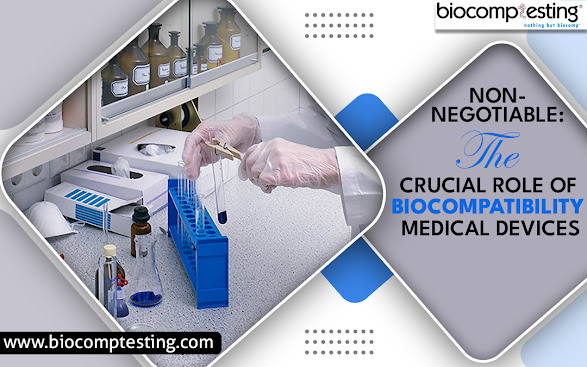Non-Negotiable: The Crucial Role of Biocompatibility in Medical Devices

In the realm of medical innovation, where breakthroughs and advancements happen at a rapid pace, one aspect stands as a non-negotiable cornerstone - biocompatibility. It’s not just a fancy term; it's the silent hero ensuring that medical devices seamlessly integrate with the human body. Let's unravel the vital role biocompatibility plays in the world of medical devices, with a focus on biocompatibility testing for dental materials . The Basics: What is Biocompatibility? Before we dive into the dental chair, let's get our definitions straight. Biocompatibility refers to the ability of a material to perform its intended function without causing adverse effects on the biological system. In simpler terms, it's the Goldilocks principle for medical devices — not too hot, not too cold, just right. The Human Connection: Why It Matters 1. Safety First, Always: When it comes to medical devices, safety is paramount. Biocompatible materials ensure that the devices don...